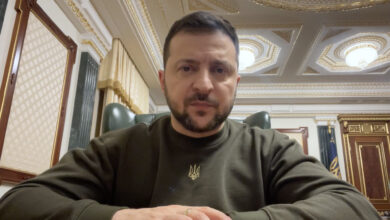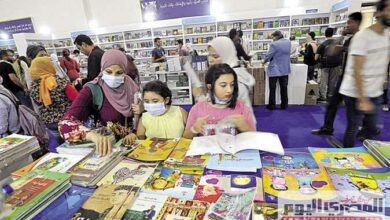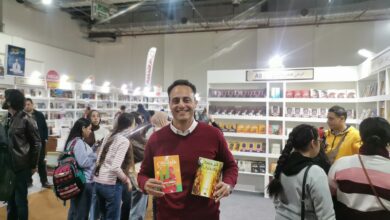The Icarus Syndrome: A History of American Hubris by Peter Beinart (Harper/HarperCollins Publishers 2010)
In this review Leslie H. Gelb cautions that this new book about American foreign policy offers no easy solution, but is “a highly readable and useful hundred-year account of American ventures abroad that can serve as a path to understanding past failures and uncovering why policy renewal is now proving so elusive,” in a category of recent books that have all mischaracterized America, or missed the point. Peter Beinhart succeeds in focusing on how Americans regard themselves, asserting that the country’s woes overseas “flow entirely from hubris or overconfidence,” historically rendered.
But Gelb finds the analogy to Icarus flying too close to the sun too flimsy to support all of Beinhart’s claims. “To his credit, Beinart calls for a renewal of American schools, politics and economic vitality. But these good ideas dissipate in a haze of hubris.”
Chef by Jaspreet Singh (Bloomsbury, 2010)
This new novel from Indian-Canadian writer Singh has an interesting character take center stage, according to reviewer Tobin Harshaw. It is not a person, but “no ordinary glacier: it’s the Siachen, the largest in Asia and, dare I say it, the most human chunk of flowing ice on earth.” On the human front, there is Kirpal (Kip) Singh, a chef and the narrator of this novel, whose story is told in two narratives, the first taking place in the 1980s during his time cooking in military kitchens for the Indian Army, and the second later in Kip’s life as he battles a terminal illness. Harshaw does not find this debut palatable. As he puts it bluntly: “Chef is a cold meal, with Kip at its gelid center.”
How to Cool the Planet: Geoengineering and the Audacious Quest to Fix Earth’s Climate by Jeff Goodell (Houghton Mifflin Harcourt, 2010) and Hack the Planet: Science’s Best Hope — or Worst Nightmare — for Averting Climate Catastrophe by Eli Kintisch (Wiley, 2010)
Bill Gifford reviews two new books on geoengineering, not the unintentional kind executed everyday by environmental thoughtlessness or natural disasters, but the decisive mitigation of climate change. Ideas range from filling the sea with plankton-growing substances to blocking the atmosphere to cool the earth, and they have their share of supporters and detractors. “Depending on your point of view, this sort of action is either urgently necessary or the global equivalent of playing Russian roulette. It’s probably both.”
Jeff Goodell likens such scenarios to a “bad sci-fi novel” and Eli Kinitsch simply asserts that we won’t know the outcome of such efforts “until we try it.” The books take different stylistic approaches, but neither writer has solid science to work with. And this isn’t enough for Gifford. “As both books make clear, in their words but also in their brevity, the science is still very hypothetical. Call it climate-hacking, planet-cooling or geoengineering–it’d sure be nice if, when the time comes, we knew what we were doing.”
he Last Resort: A Zimbabwe Memoir by Douglas Rogers (Short Books, 2010) and Zimbabwe: Years of Hope and Despair by Philip Barclay (Bloomsbury, 2010)
Petina Gappah reviews two memoirs of the emerging state of Zimbabwe, saying “the Zimbabwe memoir has become almost a genre in its own right.”
Rogers, a native of the country and a journalist, writes vividly about his own family history. “Crucially, Rogers manages to capture the surrealistic absurdity at the heart of the Zimbabwean condition: the scene in which he smokes marijuana in the mud hut of an elderly black couple is alone equal to anything by Buñuel or Duchamp.” According to Gappah, the memoir is “heart-stoppingly good,” driven by Rogers’ “compassion, humor and frequent bemusement.”
Barclay was a British diplomat, and this perspective colors his book. “For all its research and its sincerity, it is a difficult book to read because at its heart lies an unexamined assumption of the rightness of recent British policy towards Zimbabwe.” Although “meticulous and well-written,” Barclay’s book raises questions about Zimbabwe that it does not, and maybe cannot, attempt to answer.




